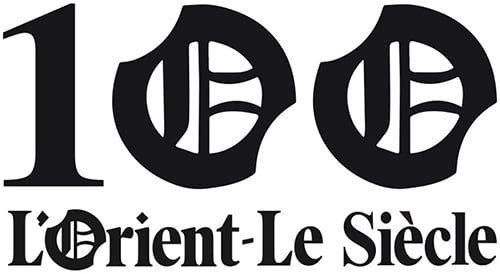Dr. Waleed Shawky, 36, founder of Medicine for All, at his pharmacy in Cairo. March 2016. Photo Jonathan Rashad
When Waleed Shawky came across a large cache of donated medicine in a Cairo mosque in 2010, he was awestruck.
Knowing how difficult it was for his low-income customers to pay for drugs they needed, the pharmacist had long wondered where unused medicine ends up. He says corporate waste of medicine in Egypt equals roughly 1 billion Egyptian pound (112 million USD; 98 million euros) per year.
"I asked where the medication goes, and the people at the mosque said: 'A pharmacist may come or he may not come,' " Shawky recalled, seated in his modest pharmacy.
Subsequently, Shawky launched Medicine For All, an NGO that collects surplus medicine and matches it with needy patients. First, he partnered with pharmacy students to open charity pharmacies for college staff. Then he scaled up the program, reaching 60,000 Egyptians last year.
Medication represents the largest expenditure in the Egyptian health system, and is out of reach for a significant number of Egypt's nearly 90 million people. According to the World Bank, while more than half of Egyptians have access to some sort of health insurance, 72 percent of healthcare costs are still covered out of pocket. With more than a quarter of the population living below the poverty line, and 17 percent having trouble even purchasing food, many go without medicine.
Finalist at the MIT Arab Forum
Medicine For All works by redistribution, linking excess supply—unused or partially used medicine—with demand. The majority of donations come from pharmacies and pharmaceutical companies, since they are not allowed to sell medicine three to six months before expiration, even if the medicine is still good.
Donations also come in from private individuals who, by law, must buy full packages of medicine, whether or not smaller quantities suffice. In certain cases, people switch medications or die before finishing their prescription. Affluent people might donate unused medicine out of altruism, or because the donations are tax deductible and can count as tithing to one's church or mosque.
Shawky's idea has won him recognition, from being a finalist at the MIT Arab Forum to being named an Ashoka Fellow in 2013.
In Medicine For All's headquarters, in the eastern Cairo neighborhood of Nasr City, a large donation from a pharmaceutical company is spread across a dozen plastic weave bags, waiting to be sorted. Shawky trains volunteer pharmacy students to screen and filter the donated medicine, giving them invaluable hands-on experience working with actual drugs.
His team discards expired or compromised medicine, cataloguing the rest into a database. Then the organization distributes the medicine via partner NGOs, which select recipients based on their medical need and economic means, following up to ensure patients complete their course of medication. Each month, medical caravans also deliver medicine to patients in remote areas. Last year, Medicine For All distributed E£1.6 million worth of donated medicine, up from E£300,000 in 2013, when the NGO was officially created.
In Zeitoun, an eastern Cairo neighborhood, Helmy Torky's organization, Al-Nour Al-Mohamedy, distributes medicine to about 30 patients each month.
"I can't even buy half a pill," said Saber Mostafa Mohamed, a 64-year-old former plumber. Mohamed receives E£360 (40 USD; 36 euros) a month in social insurance, but his medicine would cost him nearly twice that.
Even before he had to stop working due to his heart condition, he would have had trouble choosing between supporting his family and his medicine. "I would've had to put my fate in the hands of God," he said.
With about E£100k (11200 USD; 9900 euros) in annual expenses, Medicine For All is self-sustaining for now, in part due to the stipend Shawky receives from his Ashoka fellowship. Shawky hopes to scale up operations, and is seeking more funding and partnerships.
Sponsorship program
He has launched a sponsorship program for chronically ill patients with diseases such as hepatitis C and schistosomiasis, which are endemic in Egypt and require expensive medicine. In Zeitoun, Karima Bakry Ahmed, a 54-year-old building attendant, held her latest lab results, which showed she has been clear of the hepatitis C virus since receiving medication through Medicine For All.
Wasted medicine and high drug costs plague countries around the world, and have led to similar programs elsewhere. In the United States, the organization Sirum uses an online system for peer-to-peer redistribution.
"Wherever there is the problem of the misuse of medicine, the project could work there," Shawky said. "I know it is replicable for the Middle East and the Gulf region. My friends in those countries tell me they have the same problem as Egypt."
Beyond the medical and developmental benefits, Medicine For All has caused changes in mentality, encouraging even the neediest to share.
"The organization taught me how to live," said the plumber Mohamed. "If I have any leftover medicine, I bring it back to Mr. Helmy."
For more information
Website: https://www.ashoka.org/fellow/waleed-shawky

commentaires (0)
Commenter